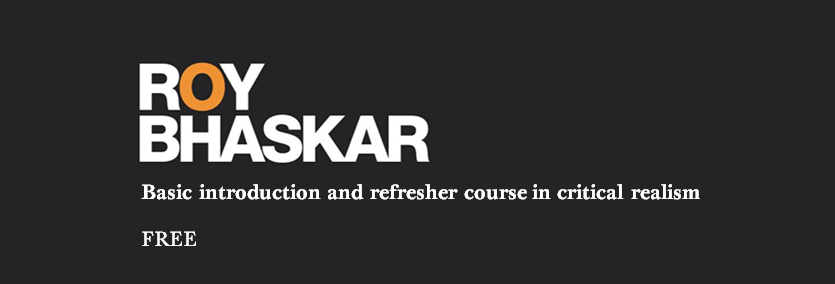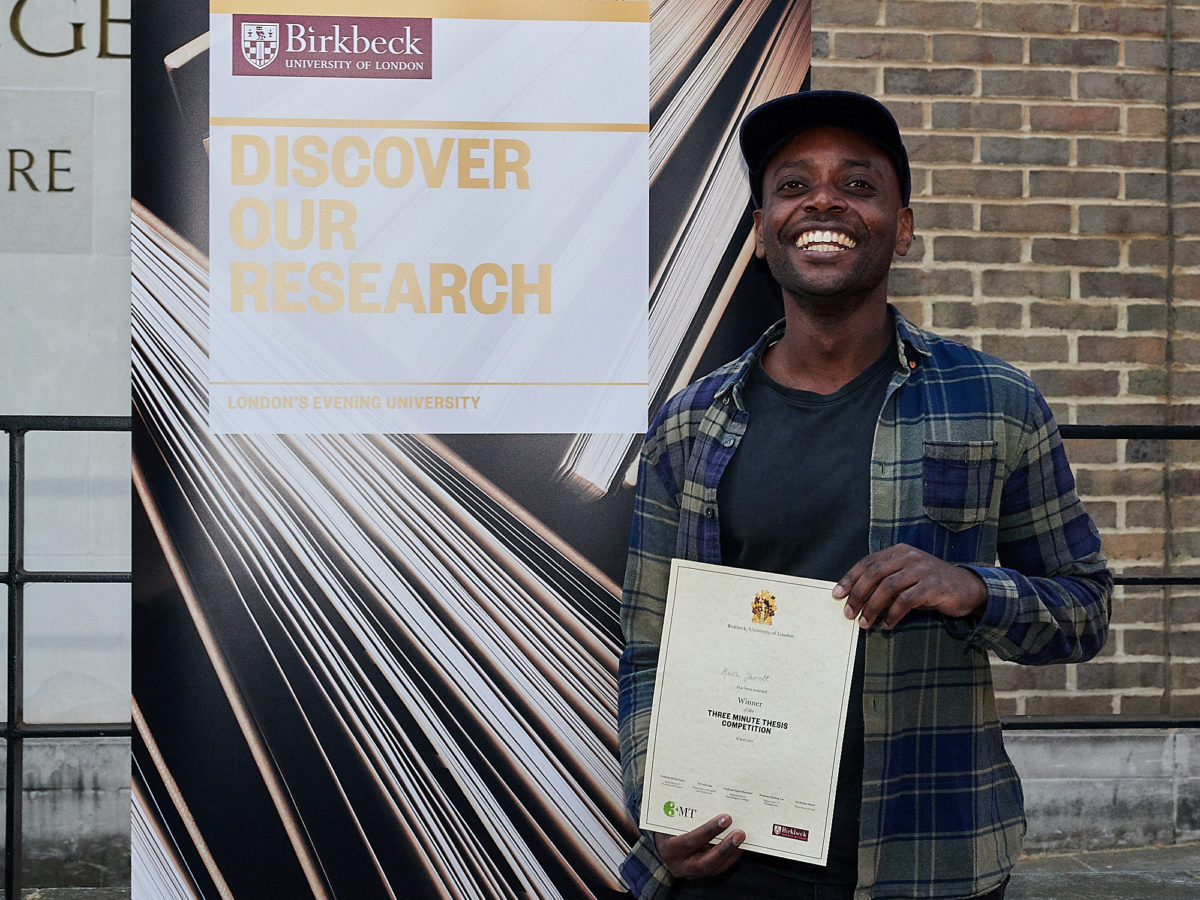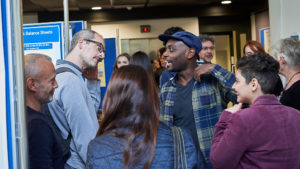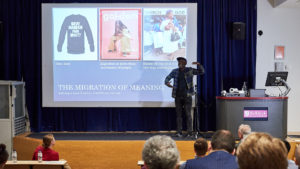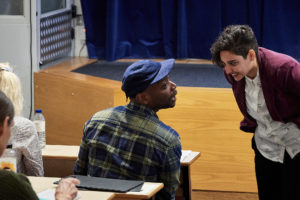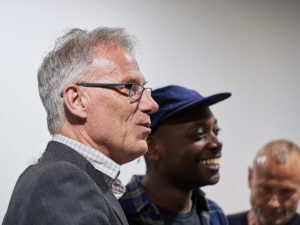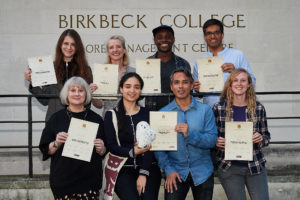The following CHASE training opportunities are available to all Arts and Humanities PhD students at Birkbeck, regardless of whether you are funded by CHASE or not.
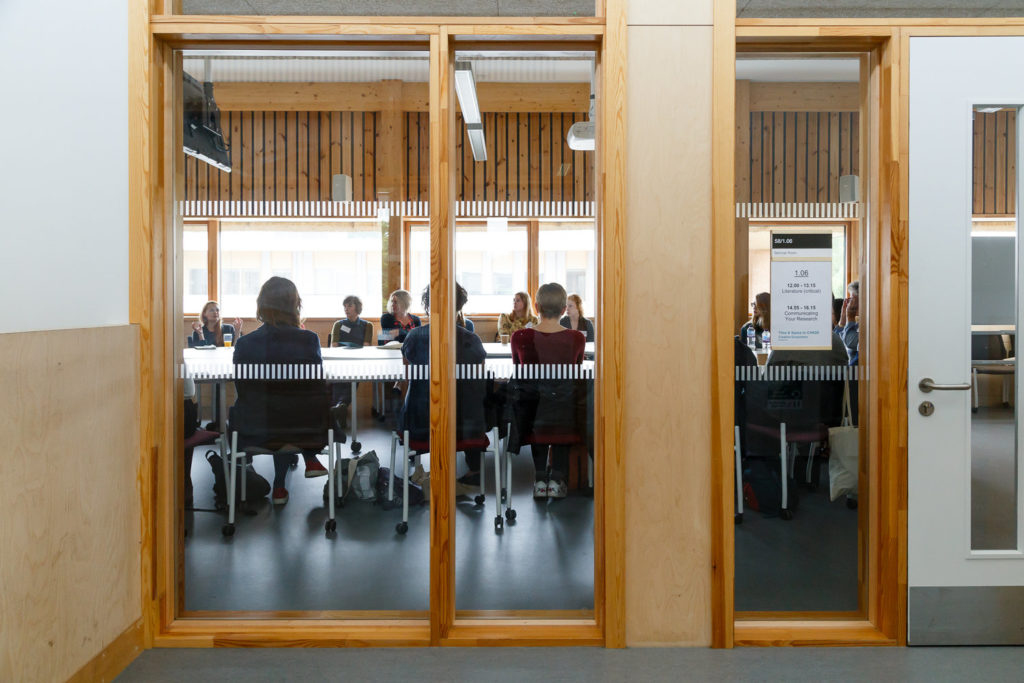
CHASE conference presentations workshop – limited places available
Monday 5 – Tuesday 6 November, Birkbeck, University of London | 1000-1700
A two-part workshop on writing and giving conference papers which combines an introduction to academic conferences, writing abstracts and preparing presentations, with a practical session on the second day (run as a mock-conference) in which the participants have the opportunity to rehearse the delivery of sample presentations, handle questions and receive feedback. Josie has given this workshop in over 30 universities in the UK, Ireland, Germany, Belgium, the Netherlands, Norway and Sweden.
Introduction to the Institute of Contemporary Arts (ICA)
Wednesday 7 November 2018 | Institute of Contemporary Arts, The Mall, London SW1Y 5AH
Since its founding in 1946, the Institute of Contemporary Arts (ICA) has presented ground-breaking projects across the arts, situating contemporary culture within the socio-political conditions of the times. As a professional partner of CHASE, the ICA is delighted to offer training and placements to CHASE-funded and affiliated students. This event provides a valuable introduction to the ICA, with a particular focus upon the Institute’s film programme and documentary film festival, Frames of Representation (FoR.) This will be led by Nico Marzano, film programmer and curator at the ICA, who will also be available to answer questions about upcoming placement opportunities working on FoR 2019.
Students will have the opportunity to visit Version History, the first solo exhibition in a major UK institution by artists, filmmakers and designers Metahaven, featuring an expansive new moving-image commission as part of an overview of their hybrid investigations into overlapping geopolitical, technological and emotional conditions. More details about the exhibition can be found here.
CA is generously offering 20 tickets to attend a film screening in the evening. The tickets will be allocated to the first 20 who register for the introduction.
Making Films for your Research:
Innovative Audio-Visual Practices – A CHASE Doctoral Training Day.
Birkbeck Cinema, 10.00-17.30 on Saturday, November 17, 2018, followed by a wine reception
Filmmaking research is a form of practice research that enquires into production practices, techniques, modes and genres used in cinema, television and online. The outputs are films that may include fiction, documentary and hybrid forms. Filmmaking research pushes at the boundaries of traditional filmmaking and traditional research methods by adopting distinct approaches to professional and critical practices. Filmmaking research is a developing area and films produced within the academy are growing in number. There is an increasing engagement with filmmaking as research method and films as outputs, by researchers from a range of disciplines. Film can provide a powerful means to explore issues, disseminate research and create impact.
In this event, we will screen examples of innovative audio-visual filmmaking research practice, have presentations by filmmaker-researchers about their work, and hold round tables.
Screen Studies Day
King’s College London (Strand Campus) on 17th November 2018
This is a full-day event (9:30-20:30) aimed at PhD students doing research in film and screen media. The training offered will be most beneficial to students in the earlier stages of their studies.
The event is open to students from all CHASE institutions and is free to attend.
November Film Festival
22-25 November | Close-Up Film Centre in London
November Film Festival is an international festival for experimental film and artists’ moving image run by CHASE students.
There will be 8 programs of films in total, two on each day. A full program will soon be made available on: https://www.novemberfilmfestival.org/
The screenings will be free to attend and registration for them will be on first come first serve basis through the festival website.
On Saturday the 24th at 9pm, there will be a networking dinner event for CHASE students and the visiting filmmakers, for which you can register below.
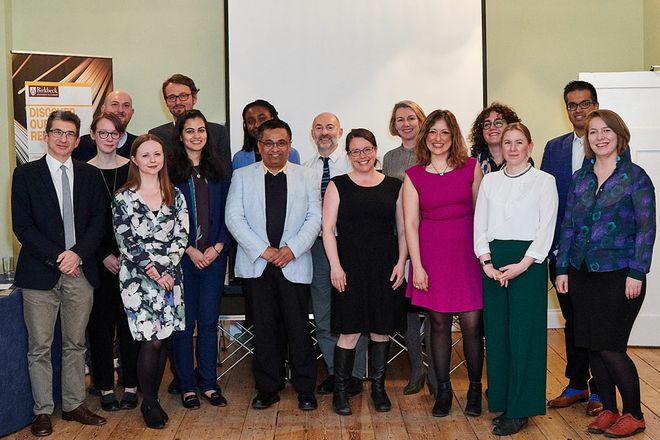


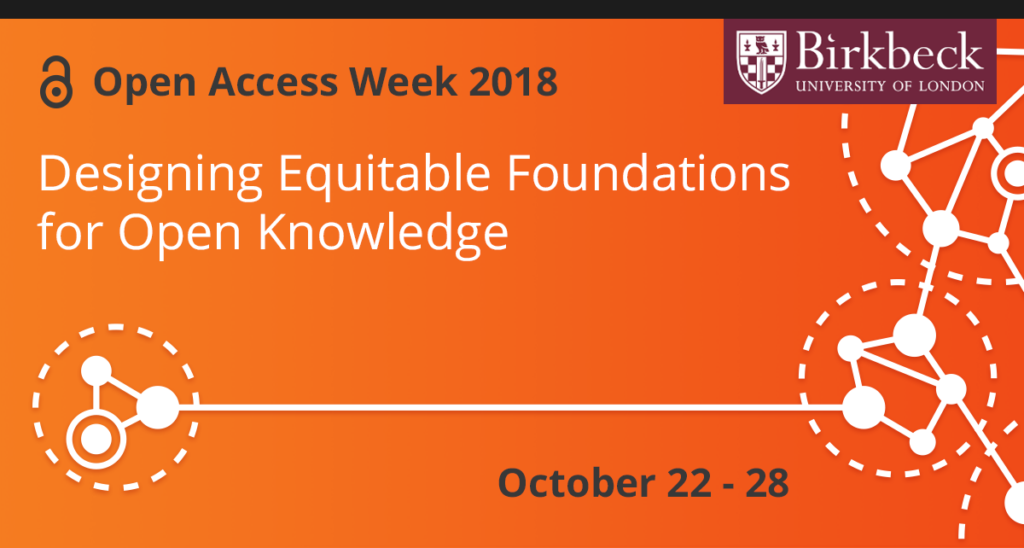
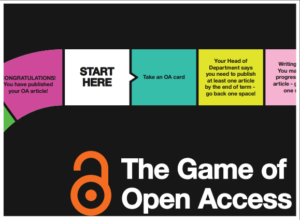
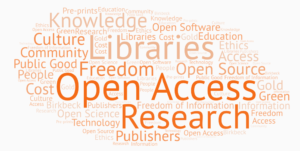
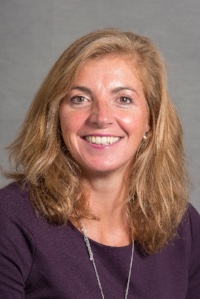 Clare Elwell is a Professor of Medical Physics in the Department of Medical Physics and Biomedical Engineering at UCL, and Visiting Professor at the Centre for Brain and Cognitive Development, Birkbeck, University of London. She is Director of the Near Infrared Spectroscopy Research Group in the Biomedical Optics Research Laboratory at UCL and develops novel optical systems for monitoring and imaging the human body. Her research projects include studies of acute brain injury in adults, children and infants, autism, migraine, malaria and sports performance.
Clare Elwell is a Professor of Medical Physics in the Department of Medical Physics and Biomedical Engineering at UCL, and Visiting Professor at the Centre for Brain and Cognitive Development, Birkbeck, University of London. She is Director of the Near Infrared Spectroscopy Research Group in the Biomedical Optics Research Laboratory at UCL and develops novel optical systems for monitoring and imaging the human body. Her research projects include studies of acute brain injury in adults, children and infants, autism, migraine, malaria and sports performance.